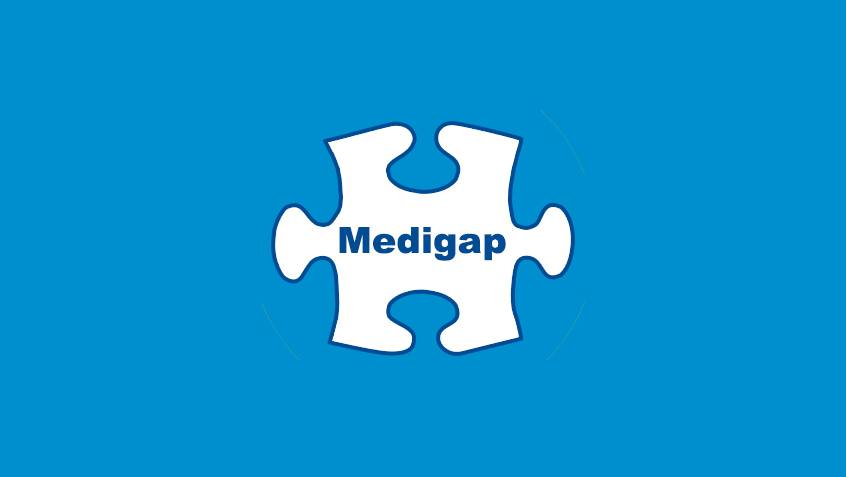Medicare fraud is when doctors or other providers deceive Medicare into paying when it should not or paying more than it should. This is against the law and should be reported.
To report fraud you should either contact 1-800-MEDICARE (800-633-4227) or the Inspector General’s fraud hotline at 1-800-HHS-TIPS (800-447-8477). When it investigates the potential fraud, Medicare will not use your name if you do not want it to.
Read More
In January, I’ll blow out the candles on my 65th birthday cake. A family member recently reminded me that I will soon be eligible for Medicare, but this is something I’ve been thinking about all year. It used to annoy me to contemplate growing another year older, yet when it […]
Read More
Last week, the Centers for Medicare & Medicaid Services (CMS) announced the Medicare Part B premiums for 2017. Starting January 1, most people with Medicare will see a small increase in their Part B premium, from $104.90 to an average of $109.00 per month. But about 30 percent of people covered by Medicare will see a minimum Part B premium of $134.00, a 10 percent increase from the minimum 2016 premium of $121.80.
Read More
After last week’s election, the country faces uncertainty on many fronts. Obviously, health care will be a major focus of Congress and the new Administration, although the implications for people with Medicare and their families remain unclear.
You may have already seen news reports about how some members of Congress want to privatize Medicare and transform the Medicare program as we know it today. By no means is this new news, but the election results brought about renewed interest in these ideas.
The Medicare Rights Center will continue to work tirelessly to protect and strengthen Medicare, and we will keep you informed every step of the way.
Read More
Dear Marci,
I am turning 65 soon and am confused about supplemental health insurance. I see so much advertising about these plans, but what are they and do I need one?
– Lenna (Rio Rancho, NM)
Read More
You may be reading news reports about how some members of Congress want to privatize Medicare. By no means is this new news, but this week’s election results brought about renewed interest in these plans. In years past, proposals to privatize Medicare—commonly known as premium support—relied on vouchers that people with Medicare would receive from the federal government to purchase private health plans. Past proposals had important differences: some introduce vouchers for future beneficiaries, some preserve Traditional Medicare as an option, some include defined benefits and consumer protections, etc.
Read More
Earlier this fall, the Medigap Consumer Protection Act of 2016 was introduced in the U.S. House of Representatives. This bill would expand access to Medicare supplemental insurance plans, commonly called “Medigap” plans.
Medigap plans are already popular, and many people on Medicare find they are an invaluable part of their health care coverage. As the name suggests, Medigap plans cover gaps in the Medicare program that mostly revolve around out-of-pocket expenses. But while people 65 and older are guaranteed access to Medicap, albeit with significant limitations, people who are under 65 and enrolled in Medicare are not guaranteed access. Some states require Medigap access, but there is no federal right to purchase a Medigap plan for this population.
Read More
This week, the Medicare Rights Center submitted a letter of strong support for the Medicare Affordability and Enrollment Act of 2016. Introduced this fall, this bill would cap beneficiaries’ out-of-pocket expenses in Traditional Medicare; eliminate coverage gaps associated with Part B enrollment mistakes; reduce cost-sharing for low-income beneficiaries; increase eligibility for income-dependent programs; and modernize the Medicare enrollment system to facilitate easier enrollment, begin coverage earlier and reduce arbitrary late-enrollment penalties that today are paid for a lifetime.
Read More
A new set of issue briefs by the Center on Aging at the American Institutes for Research (AIR) highlights the growing complexities facing thousands of people each day as they become eligible for Medicare. One of the briefs, Medicare Enrollment Maze Puts Older Americans at Risk for Financial Penalties and Coverage Gaps, examines a relatively recent trend where the age of Medicare eligibility and the age of retirement have moved further apart.
Read More
Last week, the Center on Aging at the American Institute for Research (AIR) released a set of issue briefs detailing the complexities of enrolling in Medicare. One of the briefs, Medicare Complexity Taxes Counseling Resources Available to Beneficiaries, highlights Medicare choices and the personalized counseling available to beneficiaries and their families.
Read More










